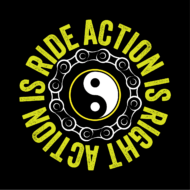Tag: podcasts
-

Joe Rogan Sells to Spotify
Posted in: The Internet & MediaPodcaster Joe Rogan has sold his immensely popular podcast to Spotify: https://www.theguardian.com/media/2020/may/24/spotify-podcast-deal-the-joe-rogan-experience From the article: “By requiring Rogan’s listeners to use the Spotify app to tune in, the company gains far deeper data about who, when and where their audiences are; that, in turn, can be fed through to advertisers, who are more likely to…
-
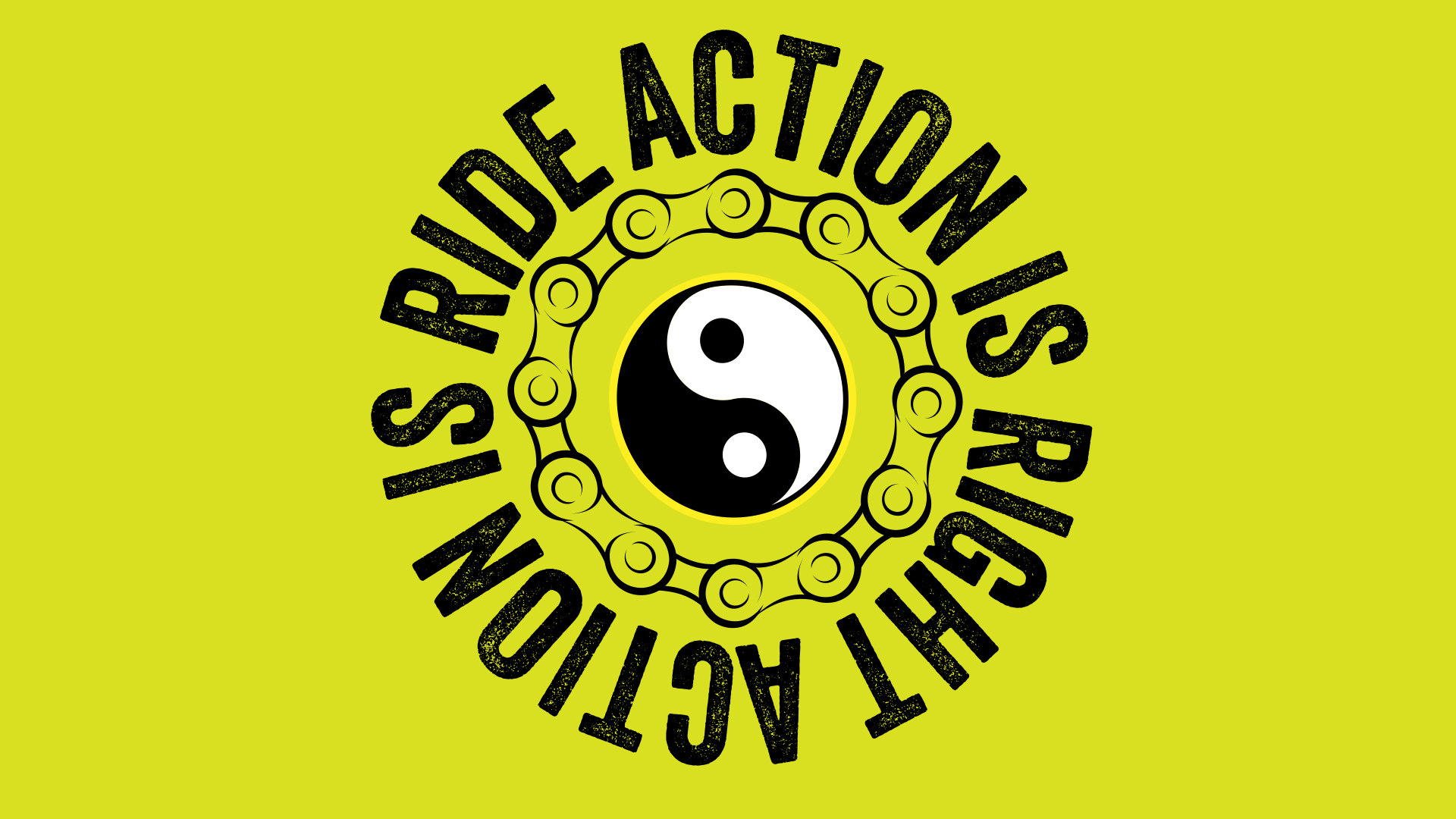
Meditation in an Emergency
It may seem counter-intuitive to sit down and meditate during an emergency, but we are currently, all of us – globally, experiencing an emergency of a very unique nature. One where many of us will find ourselves with nothing but time to occupy. The default would certainly seem to be to spend that time freaking…
-
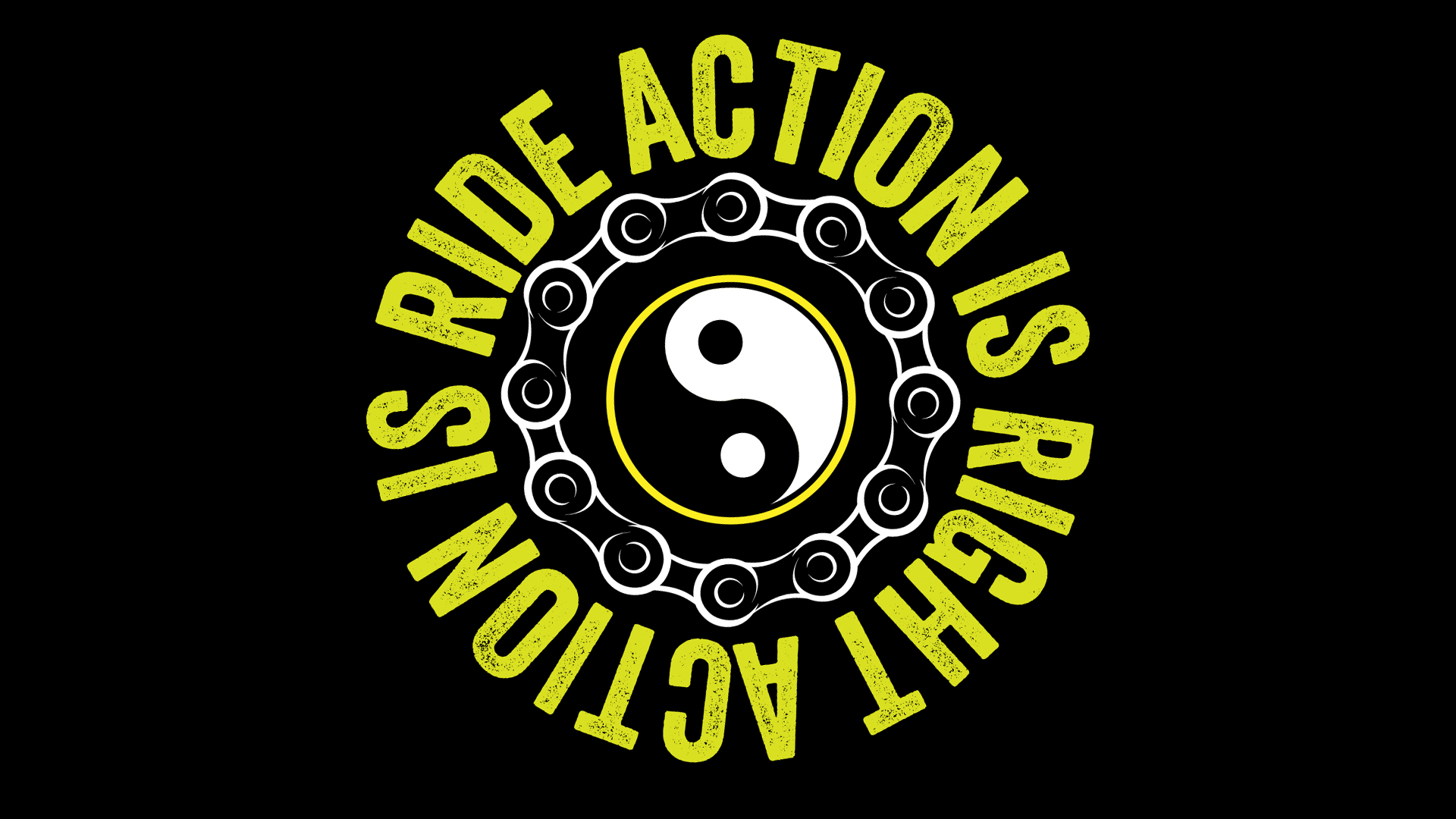
Really, It’s OK to Do Nothing Sometimes
The latest episode of Douglas Rushkoff’s Team Human podcast is pretty good. The guest, Tiffany Shlain, has written about about unplugging from screens one day a week in a practice that is sort of a modern day throwback to the notion of a weekly ‘sabbath’ or ‘Shabbat’. Some really interesting discussion ensues. https://teamhuman.fm/episodes/ep-139-tiffany-shlain-unplugging-one-day-a-week-tribute-to-paul-krassner They talk…
-
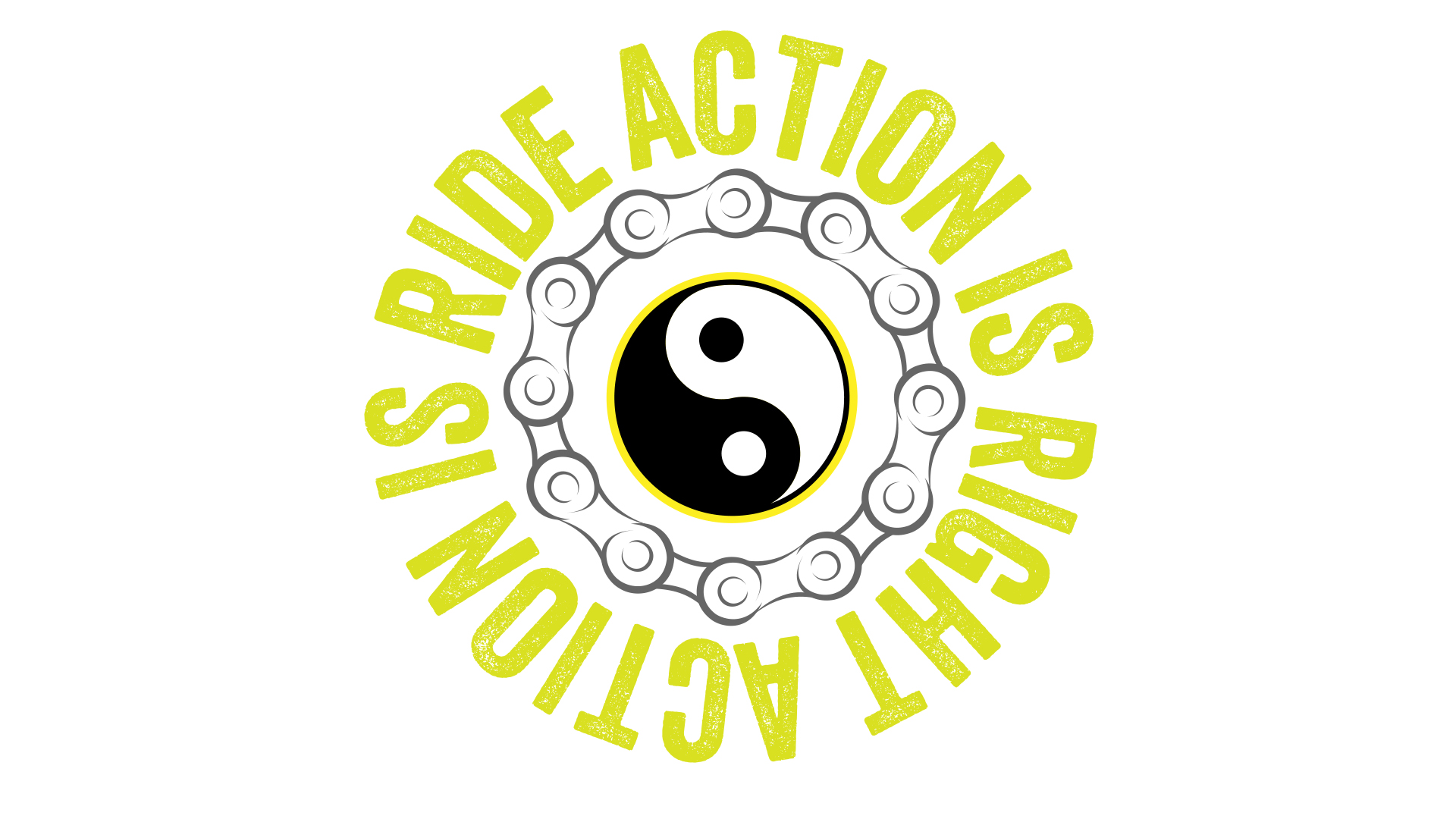
When Good Intentions Go Bad
https://fs.blog/jonathan-haidt/ Great stuff here from Shane Parrish over at Farnham Street on The Knowledge Project podcast. I’ve posted stuff before in relation to Jonathan Haidt and he continues to be full of insight and useful information. I’ll post a few standouts here, but the whole thing is really worth a listen – I can’t transcribe…
-

Quiet Desperation
Posted in: Quotes“The mass of men lead lives of quiet desperation. What is called resignation is confirmed desperation. From the desperate city you go into the desperate country, and have to console yourself with the bravery of minks and muskrats. A stereotyped but unconscious despair is concealed even under what are called the games and amusements of…
-
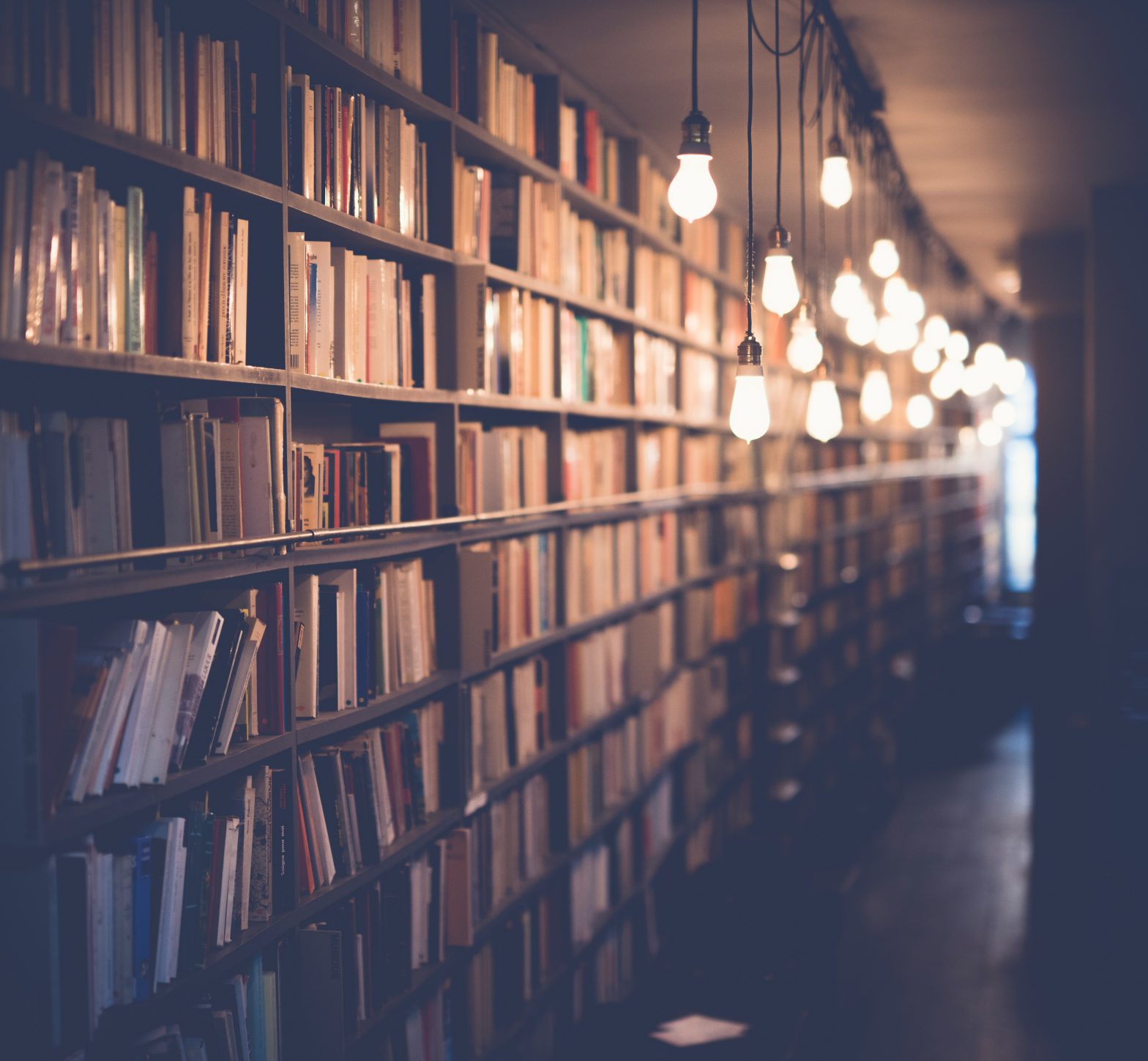
Badass Librarians and Libraries
Posted in: Books & ReadingI’ve caught some interesting stuff about libraries and librarians lately. The first was an episode of Now or Never on CBC Radio, called Beyond the shelves: Discovering the magic in public libraries. Primarily about the opening of the new Calgary Library, the episode went on to talk about how today’s libraries are changing – becoming…
